Craig Forest wins Zeigler Outstanding Educator Award
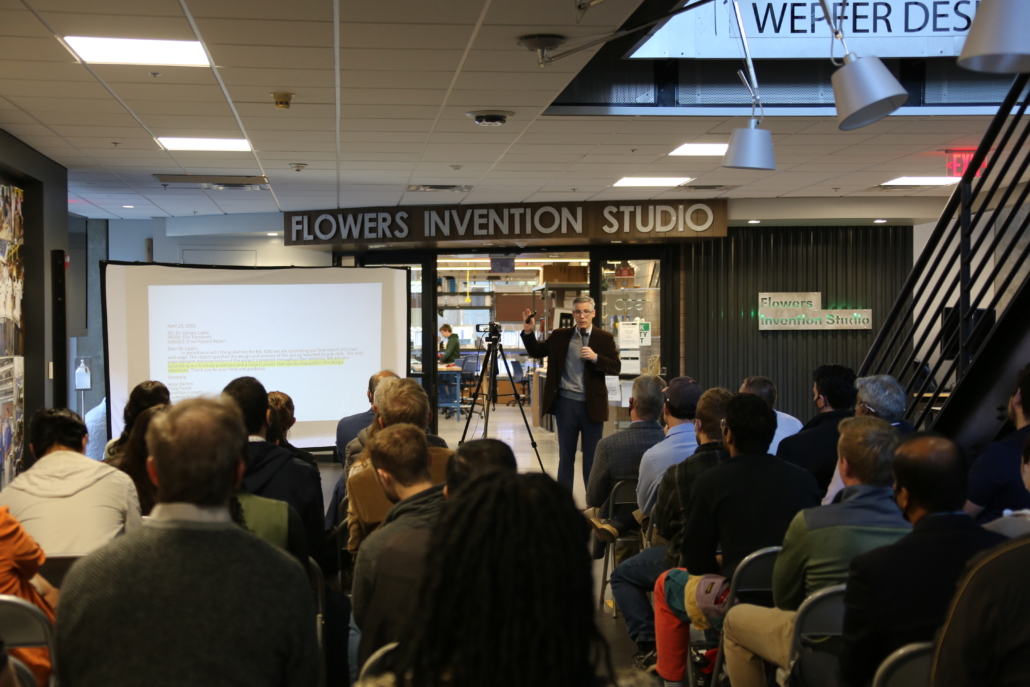
Craig Forest delivered the Zeigler Outstanding Educator Lecture on November 3, 2021 in the Wepfer Design Commons, just outside the Invention Studio! His talk was titled “Enabling student ownership of making, invention, and entrepreneurship.” You can watch the lecture here.
“I’m honored to receive what I have long considered to be the highest teaching honor the Woodruff School of Mechanical Engineering,” said Forest. “Since I was an undergraduate (class of 2001), I have admired the awardees and dreamt of joining their company.”
Abstract. Creativity, invention, and innovation are values championed as central pillars of engineering education. However, university environments that foster student-driven, open-ended, design-build projects are uncommon. Over the past 13 years, Dr. Forest has been a leader in transforming the engineering student experience within and outside of Georgia Tech to be more hands-on, team-focused, open-ended, creative, inventive, and entrepreneurial through four foundational programs: Invention Studio, InVenture Prize, Capstone Design, and CREATE-X. In 2009, he spearheaded the creation of the Invention Studio, a free-to-use, 4500 ft2 maker space and culture where thousands of students per month create things, meet, and mentor each other. The InVenture Prize @ Georgia Tech is a K-12 and collegiate invention competition. Called “American Idol for Nerds” by National Public Radio (NPR), every year many thousands of K-12 and undergraduate students from dozens of schools and universities compete for $50k+ in prizes and free patents in front of tens of hundreds of thousands of viewers on a live broadcast in 10 states on PBS affiliate networks. A Capstone Design course with hundreds hands-on projects per semester, extramural funding from industry sponsors, and a 5000 person Expo celebration is launching a sustainable, entrepreneurial movement in the engineering curriculum. Dr. Forest is also associate director of CREATE-X, a flagship entrepreneurship program at Georgia Tech. CREATE-X’s success is staggering: over the past six years CREATE-X has directly impacted 6000 students and fostered the founding of 300 student-led companies valued at over $1B. These programs, infrastructure, and cultural transformation are demonstrating the value and sustainability of a student-owned, hands-on, design-build education to stimulate innovation, creativity, and entrepreneurship in engineering undergraduates.
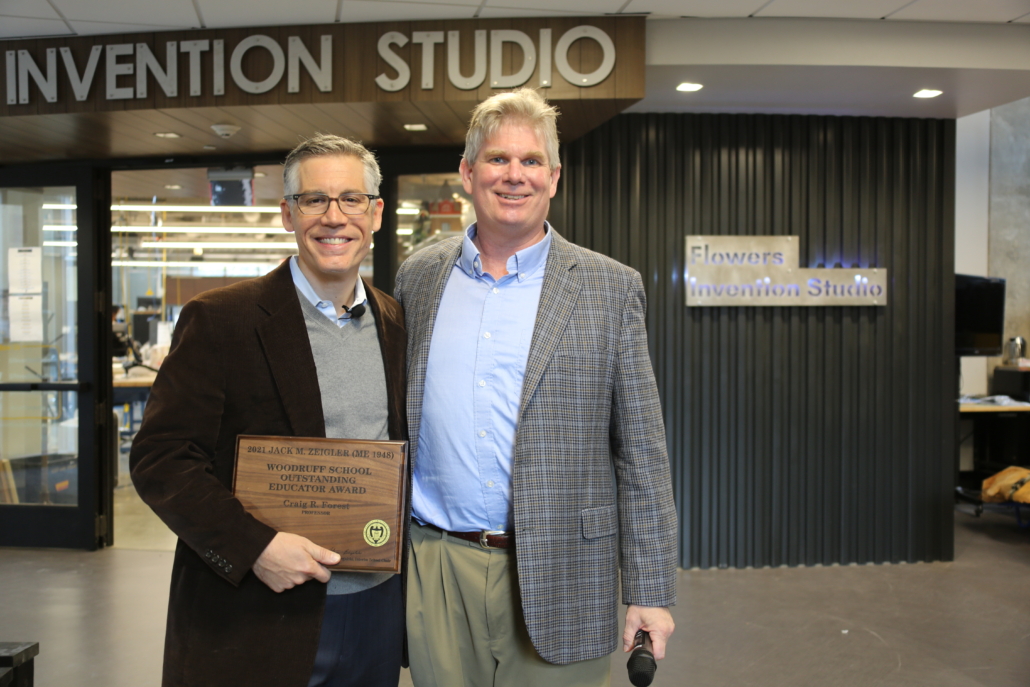


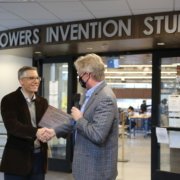
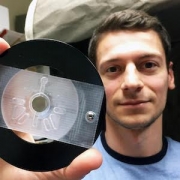
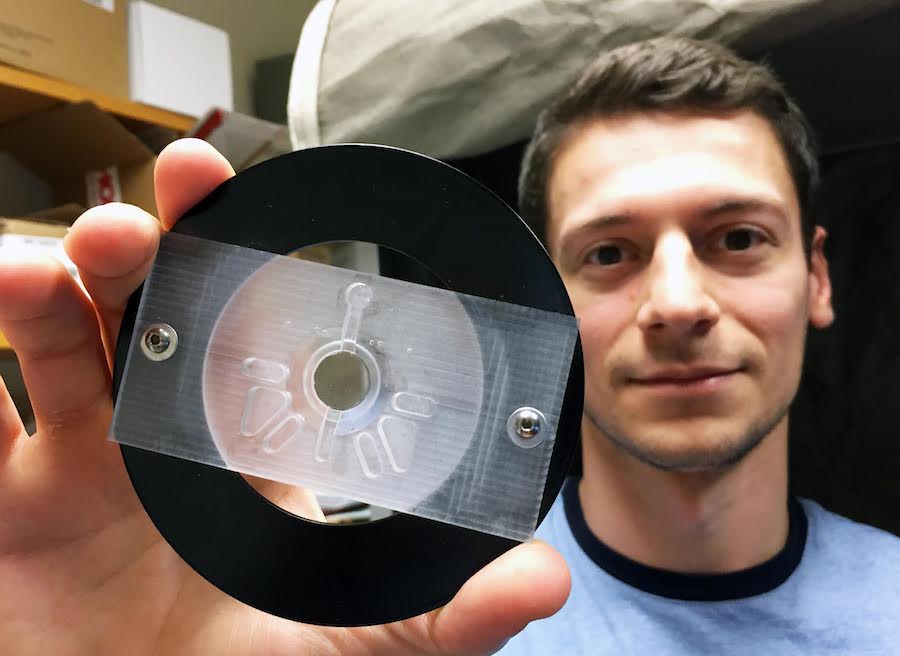
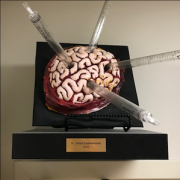
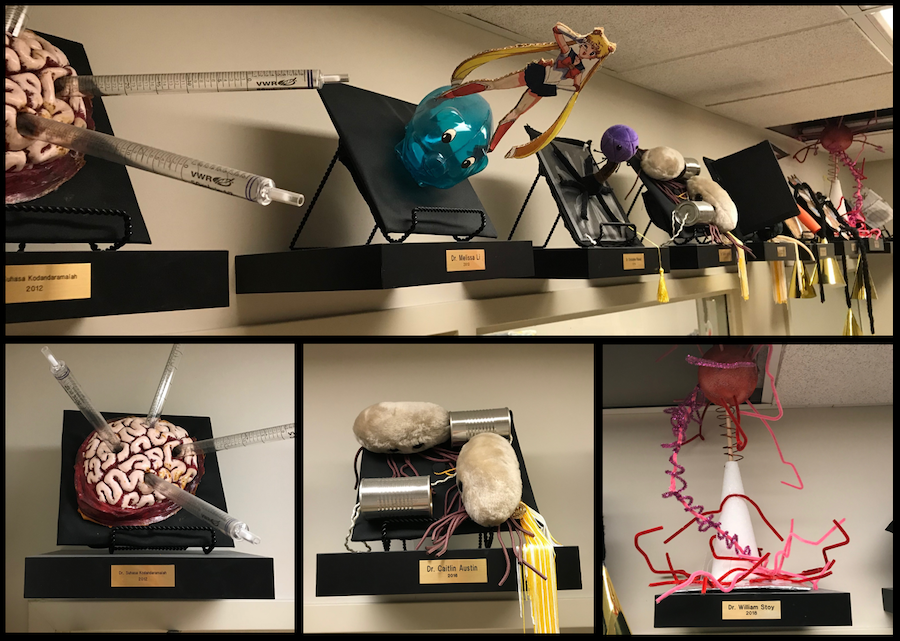
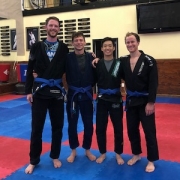
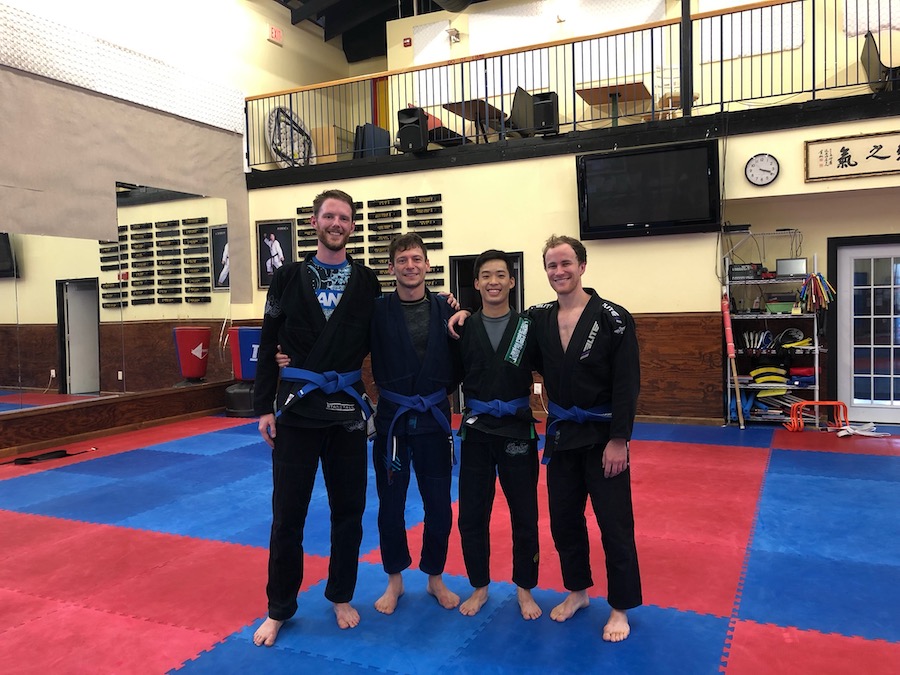
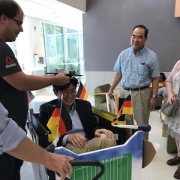
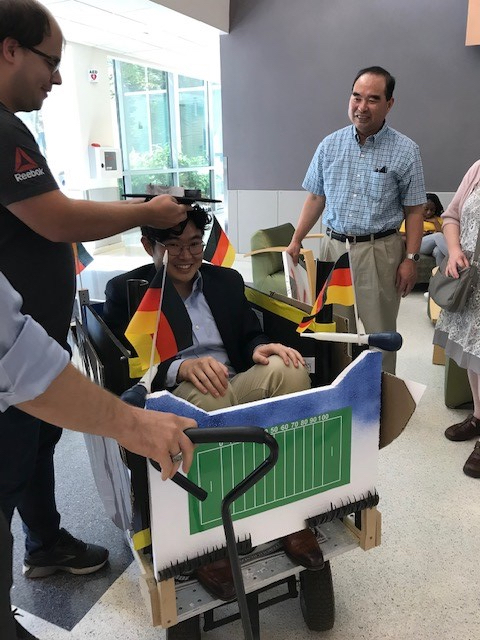 Dr. Timothy Lee successfully defended his thesis this summer. His thesis focused on automating the collection of serial nano-sections sections used to image and analyze up to 1 cubic milimieter of tissue!
Dr. Timothy Lee successfully defended his thesis this summer. His thesis focused on automating the collection of serial nano-sections sections used to image and analyze up to 1 cubic milimieter of tissue!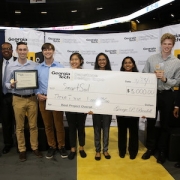
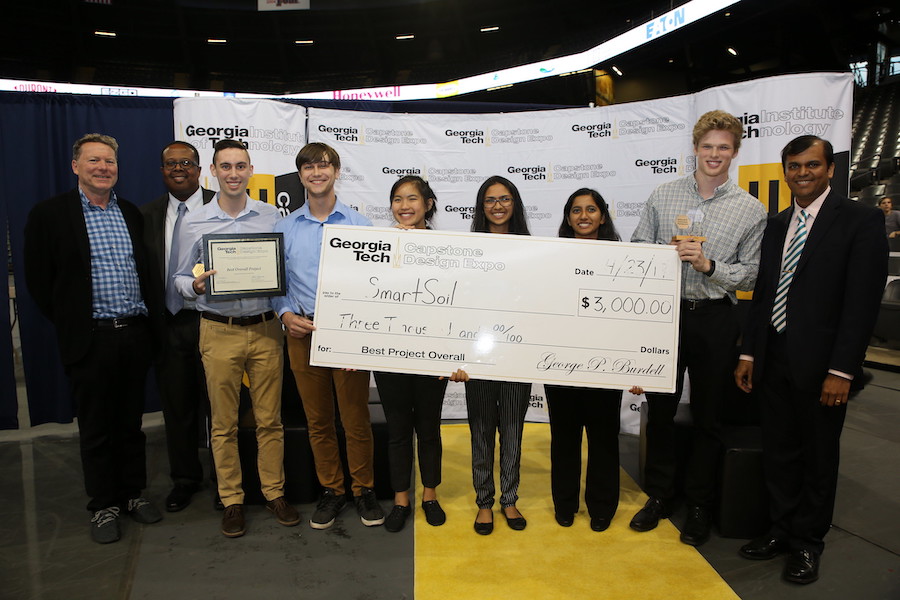
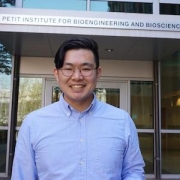
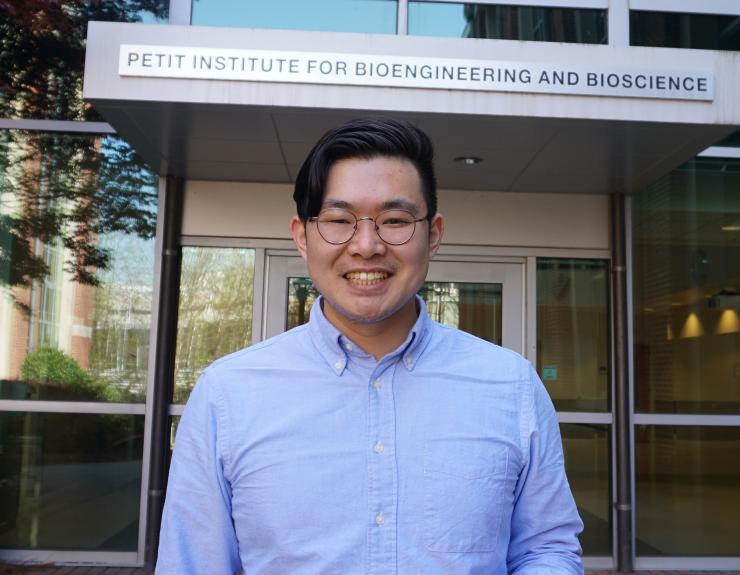
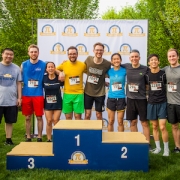
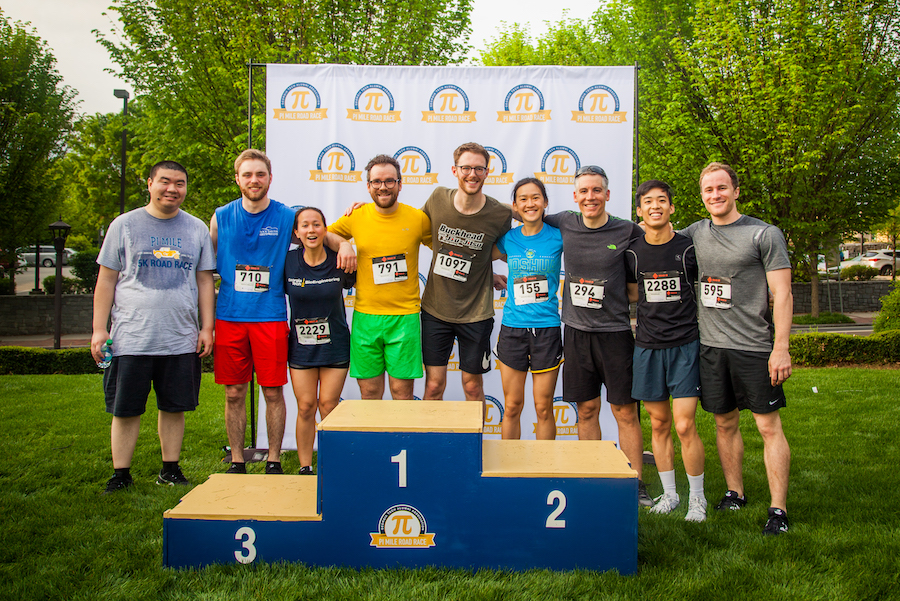
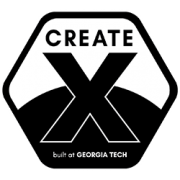
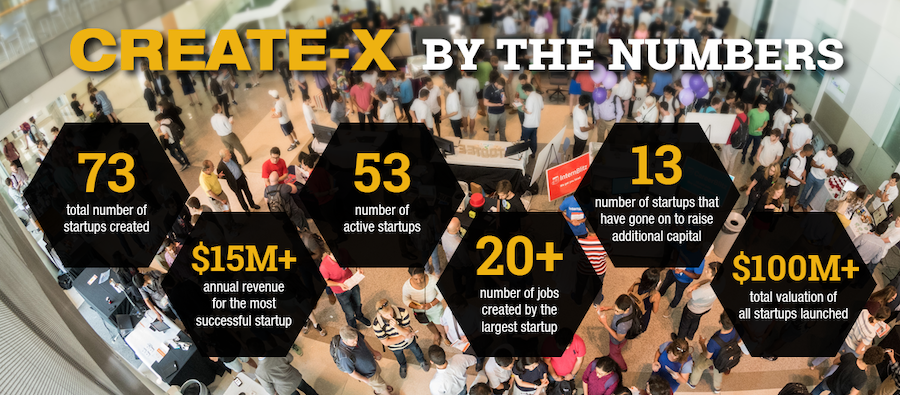 As members of the CREATE-X team, Craig and Tim contributed to establishing a program that teaches Georgia Tech students how to launch start-ups through classes taken for college credit. They have helped launch over 115 start-ups in the past five years! The CREATE-X team won the Curriculum Innovation Award in 2019, an award that recognizes faculty who are improving the quality of education at Georgia Tech through pedagogical and curricular innovation. Find out more about the Curriculum Innovation Award
As members of the CREATE-X team, Craig and Tim contributed to establishing a program that teaches Georgia Tech students how to launch start-ups through classes taken for college credit. They have helped launch over 115 start-ups in the past five years! The CREATE-X team won the Curriculum Innovation Award in 2019, an award that recognizes faculty who are improving the quality of education at Georgia Tech through pedagogical and curricular innovation. Find out more about the Curriculum Innovation Award 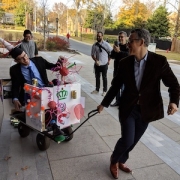
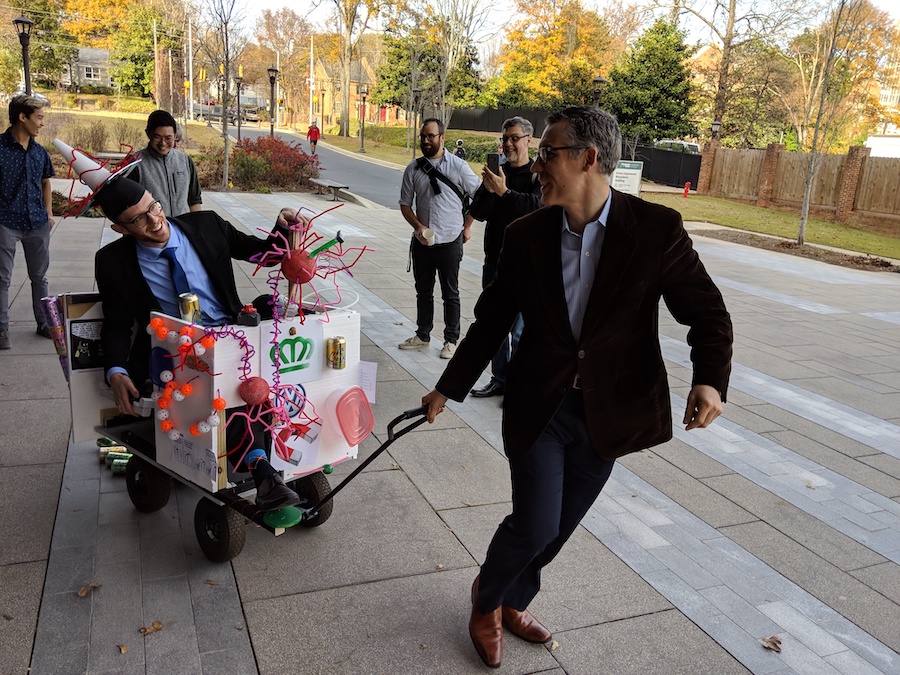 Dr. William Stoy successfully defended his thesis this Winter. His thesis focused on how to increase yields of deep brain, in vivo patch clamp recordings by detecting and dodging large obsticles and compensating for the neuron motion caused by the mouse’s heart beat and breathing.
Dr. William Stoy successfully defended his thesis this Winter. His thesis focused on how to increase yields of deep brain, in vivo patch clamp recordings by detecting and dodging large obsticles and compensating for the neuron motion caused by the mouse’s heart beat and breathing.